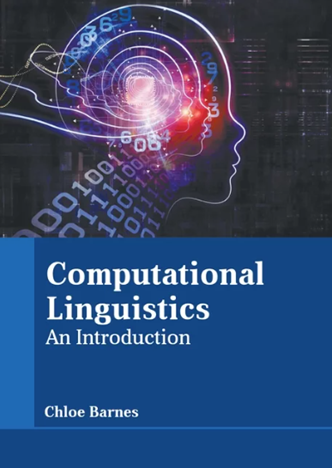大型语言模型能否改变计算社会科学?
IF 5.3
2区 计算机科学
引用次数: 0
摘要
大型语言模型(LLMs)能够成功地完成许多语言处理任务,无需训练数据。如果零点 LLM 也能可靠地分类和解释诸如说服力和政治意识形态等社会现象,那么 LLM 就能以重要的方式增强计算社会科学(CSS)管道。这项工作提供了将 LLMs 用作 CSS 工具的路线图。为此,我们提供了一套提示最佳实践和一个广泛的评估管道,用于测量 13 个语言模型在 25 个具有代表性的英语 CSS 基准上的零点性能。在分类标注任务(分类)上,LLMs 的表现未能超过最佳微调模型,但仍能达到与人类相当的一致水平。我们的结论是,当今 LLM 的性能可以通过以下两种方式增强 CSS 研究:(1) 在人类注释团队中充当 zeroshot 数据注释员;(2) 引导具有挑战性的创造性生成任务(例如解释文本的基本属性)。总之,LLM 可以与人类合作,有意义地参与社会科学分析。本文章由计算机程序翻译,如有差异,请以英文原文为准。
Can Large Language Models Transform Computational Social Science?
Large Language Models (LLMs) are capable of successfully performing many language processing tasks zero-shot (without training data). If zero-shot LLMs can also reliably classify and explain social phenomena like persuasiveness and political ideology, then LLMs could augment the Computational Social Science (CSS) pipeline in important ways. This work provides a road map for using LLMs as CSS tools. Towards this end, we contribute a set of prompting best practices and an extensive evaluation pipeline to measure the zero-shot performance of 13 language models on 25 representative English CSS benchmarks. On taxonomic labeling tasks (classification), LLMs fail to outperform the best fine-tuned models but still achieve fair levels of agreement with humans. On free-form coding tasks (generation), LLMs produce explanations that often exceed the quality of crowdworkers' gold references.We conclude that the performance of today’s LLMs can augment the CSS research pipeline in two ways: (1) serving as zeroshot data annotators on human annotation teams, and (2) bootstrapping challenging creative generation tasks (e.g., explaining the underlying attributes of a text). In summary, LLMs are posed to meaningfully participate in social science analysis in partnership with humans.
求助全文
通过发布文献求助,成功后即可免费获取论文全文。
去求助
来源期刊

Computational Linguistics
Computer Science-Artificial Intelligence
自引率
0.00%
发文量
45
期刊介绍:
Computational Linguistics is the longest-running publication devoted exclusively to the computational and mathematical properties of language and the design and analysis of natural language processing systems. This highly regarded quarterly offers university and industry linguists, computational linguists, artificial intelligence and machine learning investigators, cognitive scientists, speech specialists, and philosophers the latest information about the computational aspects of all the facets of research on language.
 求助内容:
求助内容: 应助结果提醒方式:
应助结果提醒方式:


